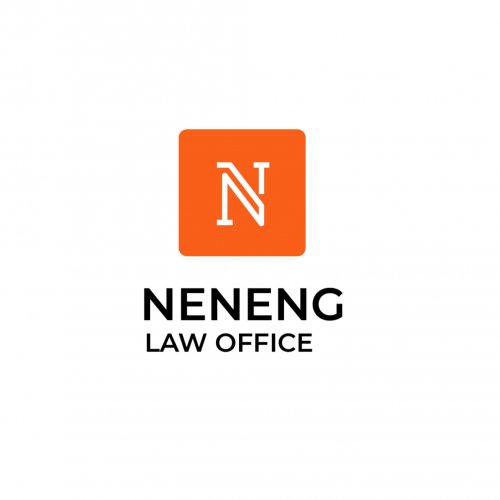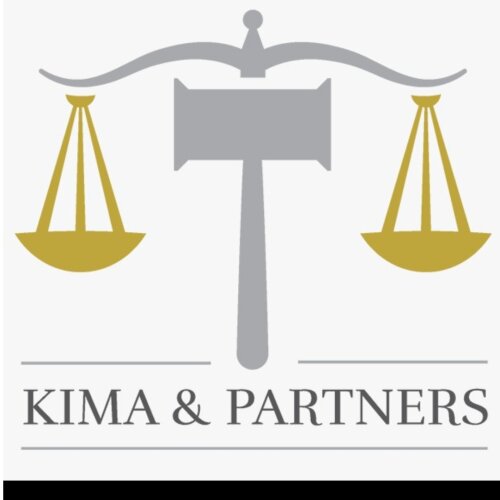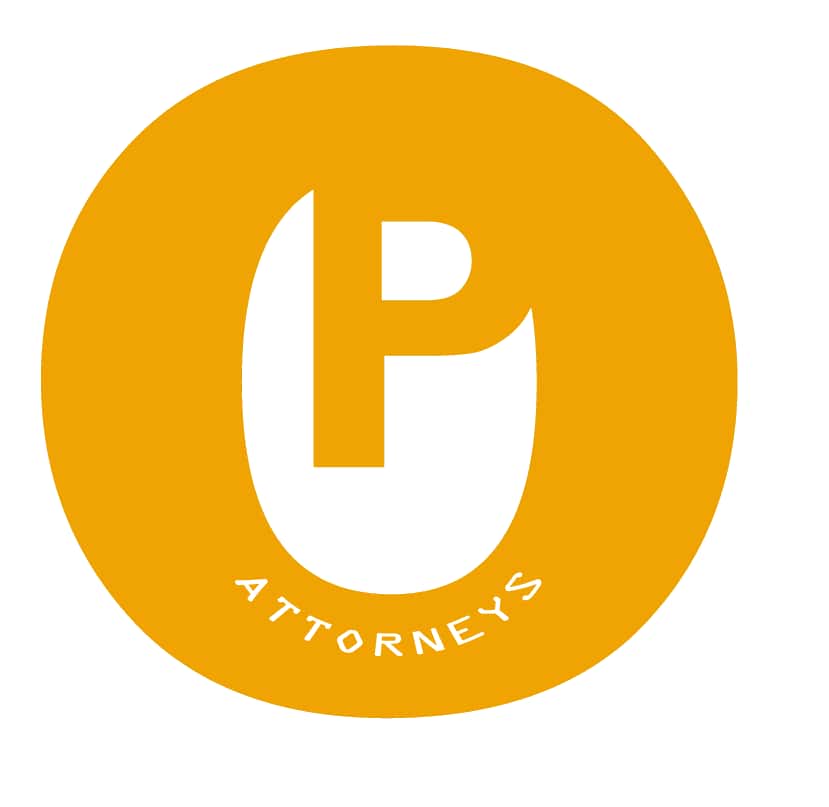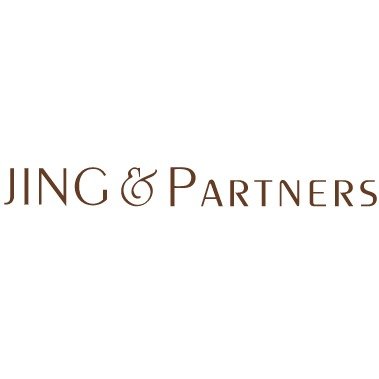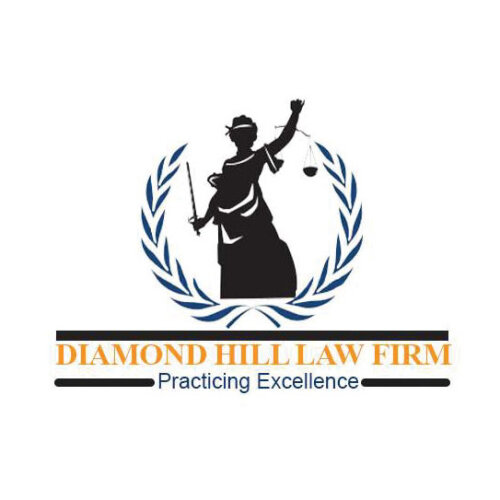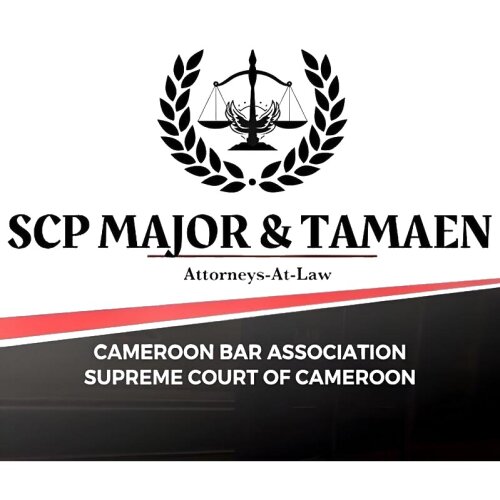Best Public-Private Partnerships (PPP) Lawyers in Cameroon
Share your needs with us, get contacted by law firms.
Free. Takes 2 min.
Or refine your search by selecting a city:
List of the best lawyers in Cameroon
About Public-Private Partnerships (PPP) Law in Cameroon
Public-Private Partnerships (PPP) are collaborative agreements between the government and private sector companies for the purpose of financing, constructing, and operating infrastructure projects or public services. In Cameroon, PPPs are increasingly used in sectors such as transportation, energy, water supply, and health, enabling the government to benefit from private sector expertise, efficiency, and investment capacity. Legal frameworks and specialized agencies have been established to manage, regulate, and promote PPP activities within the country.
Why You May Need a Lawyer
Public-Private Partnerships involve complex legal, financial, and operational arrangements. Several situations may require the guidance of a legal professional. Negotiating PPP contracts, understanding regulatory requirements, conducting due diligence on potential projects, resolving contractual disputes, and ensuring compliance with procurement laws are all critical moments where legal advice can make a significant difference. Furthermore, new investors often need assistance with licensing, structuring their projects, and navigating governmental approvals. Engaging a lawyer helps safeguard your interests, manage risks, and ensure that all agreements comply with Cameroonian law.
Local Laws Overview
The legal framework governing Public-Private Partnerships in Cameroon centers on the Law No. 2006/012 of 29 December 2006, which lays the foundation for PPP contracts. This law defines the scope of partnerships, the rights and obligations of involved parties, and the mechanisms for dispute resolution. Additional implementing decrees and guidelines clarify procedures such as competitive bidding, project evaluation, risk allocation, and contract monitoring. The Ministry of the Economy, Planning, and Regional Development, through the PPP Unit, is the main governmental body responsible for coordinating PPP policy and ensuring compliance with regulations. Cameroon’s PPP regime promotes transparency, equal opportunity in project awards, and fair risk distribution between partners.
Frequently Asked Questions
What is a Public-Private Partnership (PPP) in Cameroon?
A PPP in Cameroon is a collaborative agreement where the public sector and a private company jointly finance, develop, and operate infrastructure or service projects for the benefit of the public.
Who regulates PPPs in Cameroon?
The Ministry of the Economy, Planning, and Regional Development oversees PPPs, primarily through a specialized PPP Unit that coordinates approvals, monitoring, and policy execution.
Which sectors commonly use PPPs in Cameroon?
Sectors such as transport (roads, ports), energy (electricity, renewables), water supply, health, housing, and education are the key areas where PPPs are commonly implemented.
What laws govern PPPs in Cameroon?
The main legislation is Law No. 2006/012 of 29 December 2006, as well as various decrees and government orders that clarify processes and responsibilities for PPP projects.
How are PPP contracts awarded?
PPP contracts are awarded through a competitive bidding process to ensure transparency, value for money, and equal opportunity for interested private parties.
Can foreign investors participate in PPPs in Cameroon?
Yes, foreign investors are encouraged to participate in PPPs, subject to compliance with investment laws and local content requirements.
What are the usual risks involved in PPP projects?
Typical risks include construction delays, cost overruns, regulatory changes, payment defaults, and operational challenges. Contracts generally allocate these risks between the public and private partners.
How long do PPP projects typically last?
PPP project durations vary, but many are established as long-term agreements, ranging from ten to thirty years, depending on the project scale and sector.
Can a PPP contract be amended or terminated?
Amendments or early termination of PPP contracts can occur, but must follow legal procedures as outlined in the governing law and contract terms. Legal review is essential in such cases.
What happens if there is a dispute in a PPP project?
Disputes are usually resolved through negotiation or, if necessary, through arbitration or litigation in accordance with the contract dispute resolution clauses and Cameroonian law.
Additional Resources
For further support and information on PPPs in Cameroon, consider the following resources:
- The Ministry of the Economy, Planning, and Regional Development - PPP Unit
- Cameroon Investment Promotion Agency (CIPA)
- Business associations such as the Cameroon Chamber of Commerce, Industry, Mines and Crafts
- Professional law firms specializing in public sector and infrastructure law
- Multilateral development banks active in Cameroon, such as the African Development Bank
- Government official gazettes and legal code repositories for up-to-date legal texts
Next Steps
If you are considering entering into a PPP agreement or participating in a PPP project in Cameroon, it is essential to consult with a qualified lawyer who is experienced in this area of law. Start by gathering all relevant documents and clearly defining your objectives. Reach out to legal professionals, such as law firms with expertise in infrastructure and public contracts, or seek recommendations from trusted business associations. Prepare a list of questions and concerns to discuss during your consultation. A legal expert will guide you through the requirements, help you analyze risks, and support you through negotiations and project implementation.
Lawzana helps you find the best lawyers and law firms in Cameroon through a curated and pre-screened list of qualified legal professionals. Our platform offers rankings and detailed profiles of attorneys and law firms, allowing you to compare based on practice areas, including Public-Private Partnerships (PPP), experience, and client feedback.
Each profile includes a description of the firm's areas of practice, client reviews, team members and partners, year of establishment, spoken languages, office locations, contact information, social media presence, and any published articles or resources. Most firms on our platform speak English and are experienced in both local and international legal matters.
Get a quote from top-rated law firms in Cameroon — quickly, securely, and without unnecessary hassle.
Disclaimer:
The information provided on this page is for general informational purposes only and does not constitute legal advice. While we strive to ensure the accuracy and relevance of the content, legal information may change over time, and interpretations of the law can vary. You should always consult with a qualified legal professional for advice specific to your situation.
We disclaim all liability for actions taken or not taken based on the content of this page. If you believe any information is incorrect or outdated, please contact us, and we will review and update it where appropriate.
Browse public-private partnerships (ppp) law firms by city in Cameroon
Refine your search by selecting a city.






